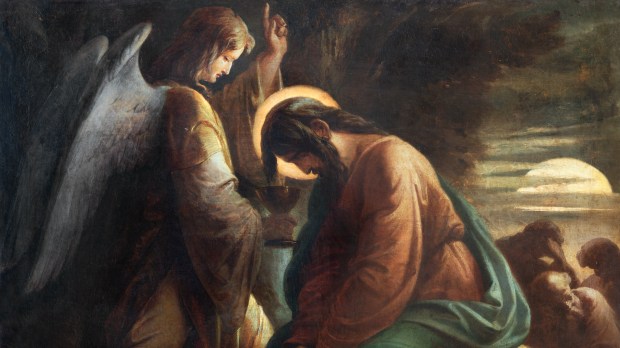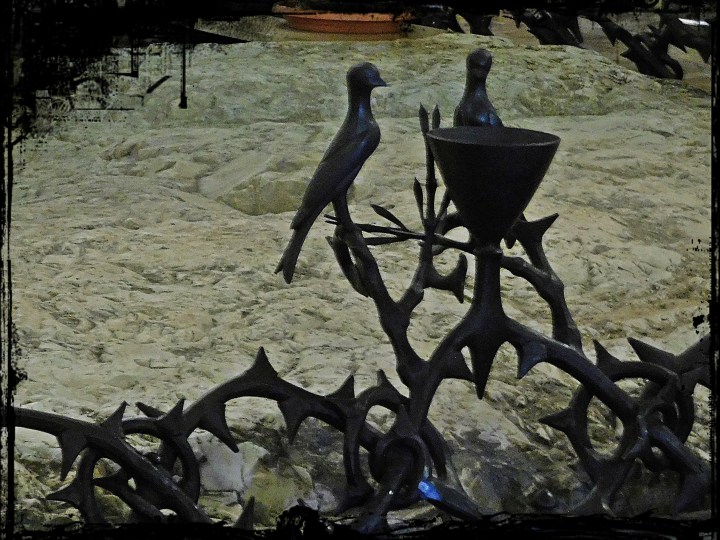The Gospel this Sunday is Luke 22:14 – 23:56
1 The Testament of Jesus
The last hours of Jesus’ life are his spiritual testament. All his words and gestures have a special meaning. All the Evangelists describe this moment, and in the Gospel of Luke, which we hear this year, there is something special that is not found in the other Gospels.
2 Key Words
The traitor is not mentioned by name
Unlike all the other Gospel writers, St. Luke does not name the traitor. This can be interpreted timelessly. It could mean that everyone who sins betrays Jesus. At the same time, we know that St. Luke’s Gospel is the Gospel in which Jesus speaks so much about his mercy and forgiveness. From here comes hope for each of us.
The Angel with Jesus in Gethsemane
Only in the Gospel of Luke is it mentioned that an angel accompanied Jesus in Gethsemane, which is later seen in many paintings depicting this scene. The presence of the angel is an expression of the Father’s care. He is with Jesus at the most difficult time of life, just as God has given each of us a Guardian Angel to guard and guide us.
Father, forgive them, for they know not what they do
These words are found only in the Gospel of St. Luke. Jesus thus opens the way of salvation for all sinners, beginning with those who murdered him. Then there is the dialogue with the criminal, who admits his guilt and asks: “Jesus, remember me when you come into your kingdom.” And Jesus answers him: “Truly, I say to you, today with me you will be in paradise.” The King, from his throne on the cross, opens wide the doors of his kingdom to all who ask for mercy.
3 Today
“The account of the Passion in St. Luke is distinctive in that it answers differently the question, ‘Who crucified Jesus?’ It emphasizes the responsibility of all humanity for the death of the Son of God,” note Fr. Przemyslaw Sliwinski and Fr. Marcin Kowalski in their book “Tomorrow is Sunday” (Krakow, Stacja7, 2021). This is well expressed in one of our church hymns: “It was not nails that nailed You, but my sin. It was not people who hurt you, but my sin. It was not the nails that held you, but my sin. Though it happened so long ago, you saw me.”
And in the context of St. Luke’s gospel, which is in a sense a “gospel of mercy,” this has special significance: Jesus gave his life for the sins of each of us, and to each of us he wants to show mercy if we ask him. The Sacrament of Penance is the source of mercy


